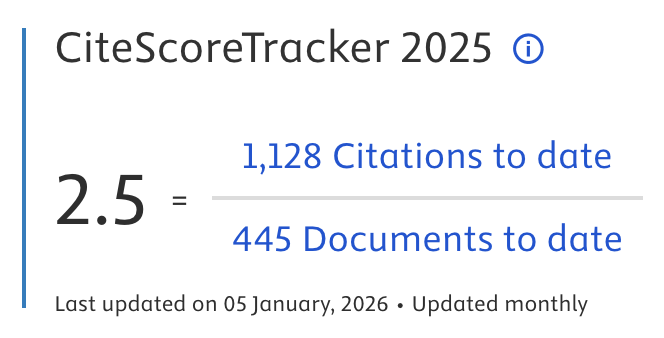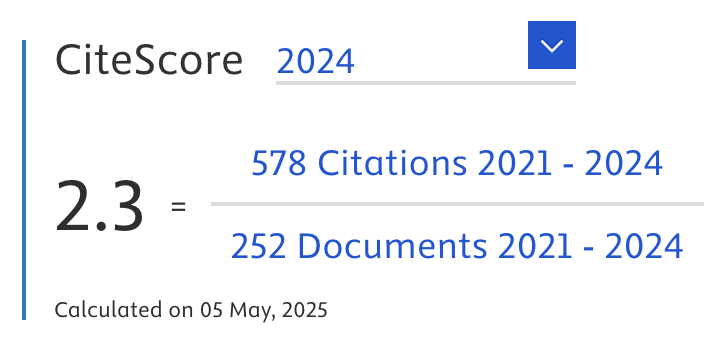Water Quality Prediction using Random Forest Algorithm and Optimization
Abstract
In the field of environmental conservation, the integration of Artificial Intelligence (AI) into pollution control strategies offers a transformative approach with significant potential. This paper presents a study on the application of AI techniques, specifically Random Forest algorithms, to predict and manage water quality in river systems. The objective of this research was to evaluate the performance of Random Forest models in comparison to Artificial Neural Networks (ANNs) for predicting the Water Quality Index (WQI). The study's findings revealed that the Random Forest model achieved a Mean Absolute Error (MAE) of 7.87 and a Root Mean Squared Error (RMSE) of 27.99, significantly outperforming the ANN model, which had a MAE of 121.40 and an RMSE of 215.04. These results demonstrate the superior accuracy and reliability of the Random Forest algorithm in capturing complex environmental data patterns. The novelty of this research lies in its comprehensive comparison of AI models for environmental monitoring, providing a data-driven approach to improving water quality management. This contribution is particularly relevant in the context of achieving Sustainable Development Goal (SDG) 6, which focuses on ensuring clean water and sanitation. By advancing traditional environmental planning methods with AI, this study highlights the potential of these technologies to make a substantial impact on environmental protection efforts.
Article Metrics
Abstract: 641 Viewers PDF: 363 ViewersKeywords
Water Quality; Prediction; Random Forest; River Pollution; Clean Water; Water Source
Full Text:
PDF
DOI:
https://doi.org/10.47738/jads.v5i3.348
Citation Analysis:
Refbacks
- There are currently no refbacks.

Journal of Applied Data Sciences
| ISSN | : | 2723-6471 (Online) |
| Collaborated with | : | Computer Science and Systems Information Technology, King Abdulaziz University, Kingdom of Saudi Arabia. |
| Publisher | : | Bright Publisher |
| Website | : | http://bright-journal.org/JADS |
| : | taqwa@amikompurwokerto.ac.id (principal contact) | |
| support@bright-journal.org (technical issues) |
 This work is licensed under a Creative Commons Attribution-ShareAlike 4.0
This work is licensed under a Creative Commons Attribution-ShareAlike 4.0





.png)